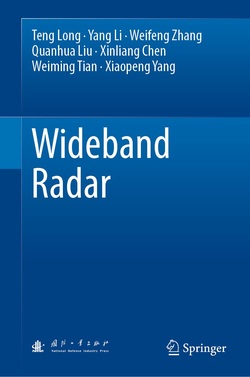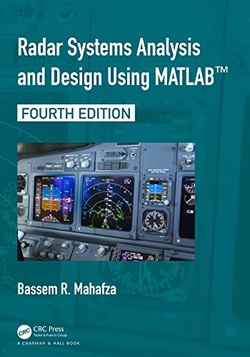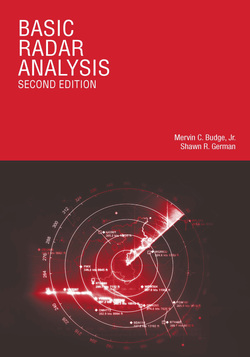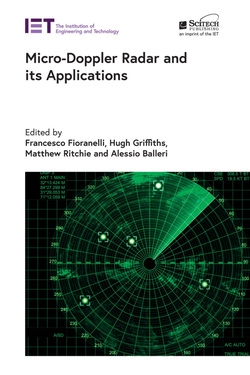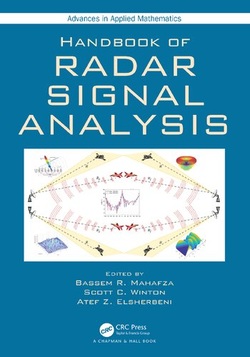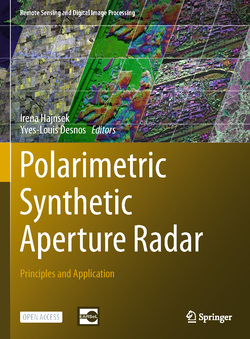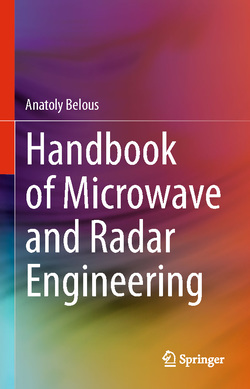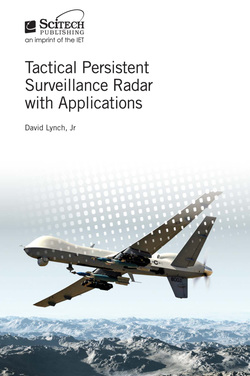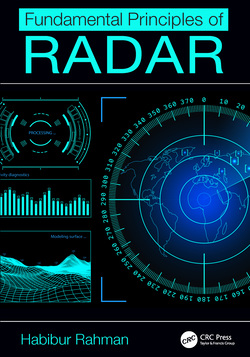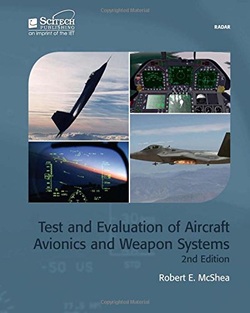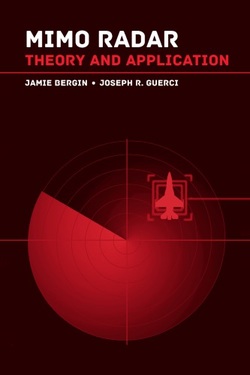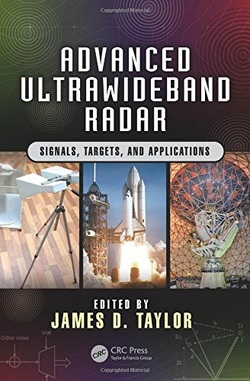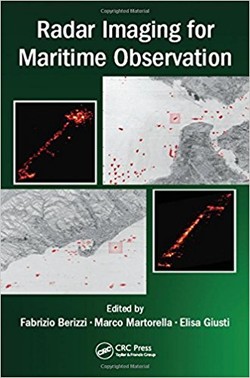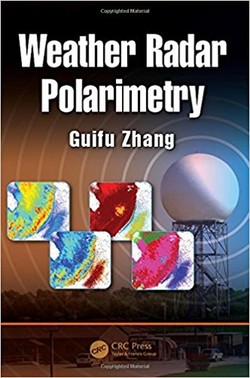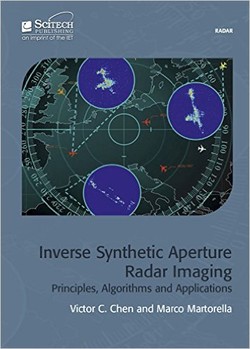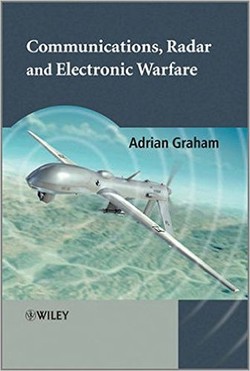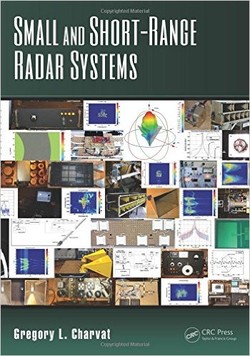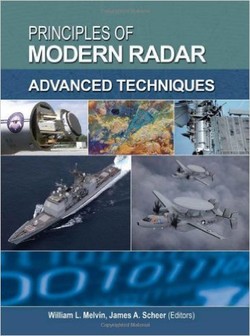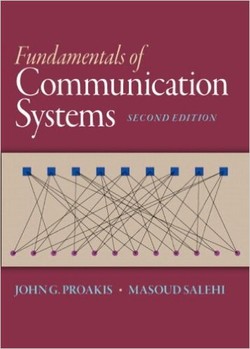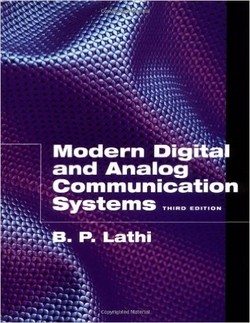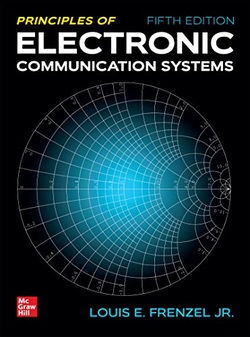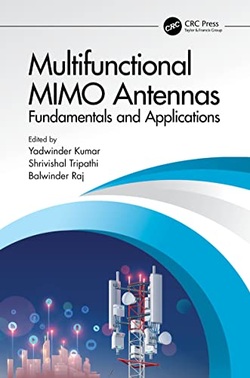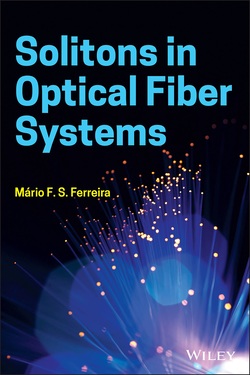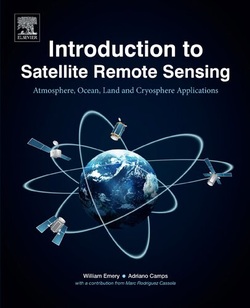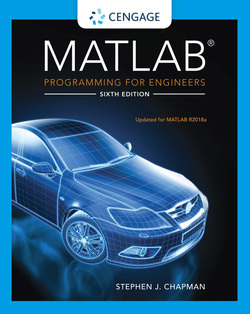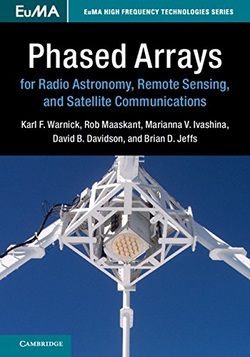اصول رادار مدرن؛ اصول پایه
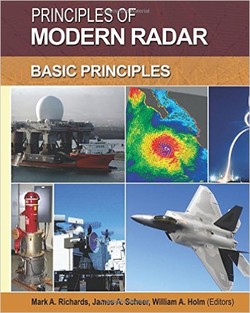
کتاب “اصول رادار مدرن؛ اصول پایه” یک کتاب درسی مدرن و جامع برای دورههای آموزشی در زمینه سیستمهای رادار و تکنولوژی برای دانشجویان ارشد و فارغالتحصیل و یک کتاب آموزشی حرفهای برای دورههای آموزشی رسمی در خانه برای استخدامیهای جدید میباشد. همچنین یک منبع برای مطالعه پیشرفته بهدنبال یک دوره آموزشی کوتاه رادار و یک منبع حرفهای و خودخوان بهشمار میآید.
اصول رادار مدرن بهجهت وسعت پوشش خود، تاکید آن بر روشهای رایج (بدون از دست دادن درک اصول پایه) و ارائه سطح مناسبی از دقت کمی برای مخاطبان علاقمند دانشجو و شاغلان، از دیگر کتابهای در نوع خود متمایز میباشد.
اصول رادار مدرن بهجهت وسعت پوشش خود، تاکید آن بر روشهای رایج (بدون از دست دادن درک اصول پایه) و ارائه سطح مناسبی از دقت کمی برای مخاطبان علاقمند دانشجو و شاغلان، از دیگر کتابهای در نوع خود متمایز میباشد.
سال انتشار: 2010 | 960 صفحه | حجم فایل: 35 مگابایت | زبان: انگلیسی
Principles of Modern Radar: Basic Principles
نویسنده
Mark A. Richards, James A. Scheer, William A. Holm
ناشر
SciTech Publishing
ISBN10:
1891121529
ISBN13:
9781891121524
قیمت: 16000 تومان
برچسبها: رادار
Principles of Modern Radar: Basic Principles is a comprehensive and modern textbook for courses in radar systems and technology at the college senior and graduate student level; a professional training textbook for formal in-house courses for new hires; a reference for ongoing study following a radar short course; and a self-study and professional reference book. Principles of Modern Radar focuses on four key areas: Basic concepts, such as the the radar range equation and threshold detection; radar signal phenomenology, such as radar cross section models, clutter, atmospheric effects, and Doppler effects; descriptions of all major subsystems of modern radars, such as the antenna, transmitter, receiver, including modern architectural elements such as exciters, and advanced signal processors; and signal and data processing basics, from digital signal processing (DSP) fundamentals, through detection, Doppler processing, waveforms and pulse compression, basic imaging concepts, and tracking fundamentals. While several established books address introductory radar systems, Principles of Modern Radar differs from these in its breadth of coverage, its emphasis on current methods (without losing sight of bedrock principles), and its adoption of an appropriate level of quantitative rigor for the intended audience of students and new professional hires. The manuscript for this book was reviewed by over 50 professionals in academia, military, and commercial enterprises. These reviewers were among thousands of potential users approached by the publisher and asked to share their expertise and experience in radar training and instruction. Their extensive comments, corrections, and insights ensure that Principles of Modern Radar will meet the needs of modern radar educators and students around the world. Written and edited by world-renowned radar instructors and critically reviewed by users before publication, this is truly a radar community-driven book.
